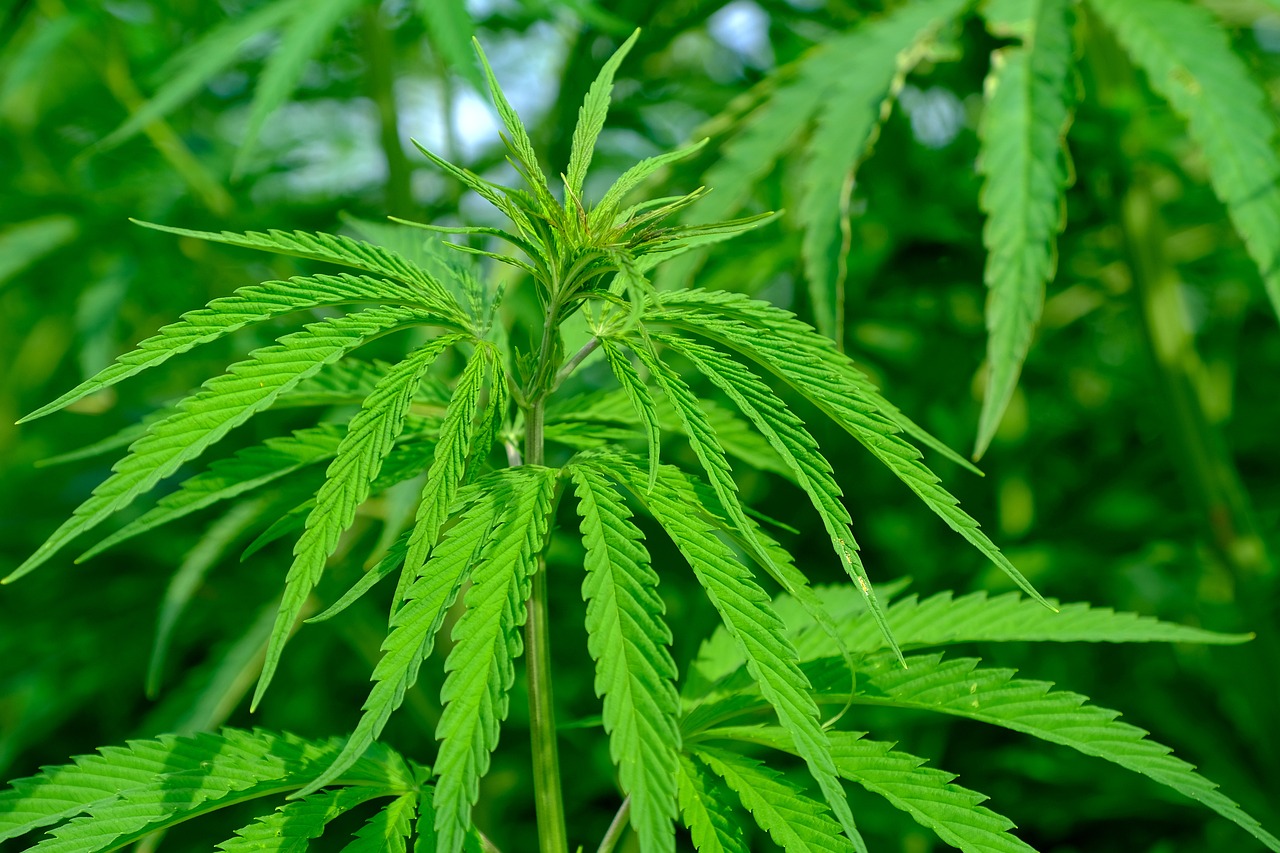In recent years, the exploration of cannabinoids has expanded beyond the well-known THC and CBD. One such compound gaining attention is THCA, or tetrahydrocannabinolic acid. This non-psychoactive cannabinoid is found in raw cannabis and offers a range of potential benefits. This article delves into the properties of THCA, its potential health benefits, and its role in the cannabis plant.
What is THCA?
THCA is the acidic precursor to THC, the compound responsible for the psychoactive effects of cannabis. In its raw form, THCA does not produce a high. It is only through decarboxylation, a process involving heat, that THCA flower in beauty products converts into THC. This transformation occurs when cannabis is smoked, vaporized, or cooked.
THCA is abundant in fresh cannabis plants. As the plant dries, THCA slowly converts to THC. This conversion is accelerated by heat, which is why raw cannabis does not produce the same effects as its heated counterpart.
Potential Health Benefits of THCA
Research into THCA is still in its early stages, but preliminary studies and anecdotal evidence suggest several potential health benefits:
- Anti-inflammatory Properties: THCA may help reduce inflammation, making it a potential option for those with inflammatory conditions such as arthritis.
- Neuroprotective Effects: Some studies indicate that THCA might protect brain cells, which could be beneficial for neurodegenerative diseases like Alzheimer’s.
- Anti-emetic Benefits: THCA has shown promise in reducing nausea and vomiting, which could aid patients undergoing chemotherapy.
- Appetite Stimulation: Similar to THC, THCA may help stimulate appetite, offering potential benefits for individuals with appetite loss.
Scientific Studies and Findings
While research is ongoing, several studies have highlighted the potential of THCA:
A 2013 study published in the British Journal of Pharmacology explored the anti-inflammatory effects of THCA. The researchers found that THCA could reduce inflammation in animal models, suggesting its potential for treating inflammatory conditions.
Another study in 2017 examined the neuroprotective properties of THCA. The findings indicated that THCA might protect against neurodegenerative diseases by reducing oxidative stress and inflammation in the brain.
These studies, among others, underscore the need for further research to fully understand the therapeutic potential of THCA.
THCA vs. THC: Key Differences
While THCA and THC are chemically related, they have distinct differences:
- Psychoactivity: THCA is non-psychoactive, meaning it does not produce a high. THC, on the other hand, is well-known for its psychoactive effects.
- Legal Status: In many regions, THCA is legal, as it does not have the same psychoactive properties as THC. However, laws vary, so it’s important to check local regulations.
- Medical Applications: Both compounds have potential therapeutic benefits, but their applications may differ due to their distinct properties.
How to Use THCA
For those interested in exploring the benefits of THCA, there are several ways to incorporate it into a wellness routine:
- Raw Cannabis Juicing: Juicing raw cannabis leaves and flowers is a popular method to consume THCA. This method preserves the compound’s natural state.
- Tinctures and Oils: Some products are specifically formulated to retain high levels of THCA, offering a convenient way to consume the cannabinoid.
- Topicals: THCA-infused creams and balms can be applied directly to the skin for localized relief.
Case Studies and Real-World Applications
Several anecdotal reports and case studies highlight the potential of THCA in real-world applications:
One case study involved a patient with severe arthritis who reported significant pain relief and improved mobility after incorporating THCA into their regimen. Another individual with chemotherapy-induced nausea found that THCA helped manage their symptoms more effectively than traditional medications.
These examples illustrate the potential of THCA to improve quality of life for individuals with various health challenges.
Conclusion
THCA is an intriguing cannabinoid with a range of potential health benefits. While research is still developing, early findings suggest that THCA may offer anti-inflammatory, neuroprotective, and anti-emetic properties. As interest in cannabis-based therapies continues to grow, THCA stands out as a promising compound worthy of further exploration.
For those interested in natural wellness solutions, THCA presents an opportunity to explore the benefits of cannabis without the psychoactive effects of THC. As always, consulting with a healthcare professional is recommended when considering new supplements or treatments.
